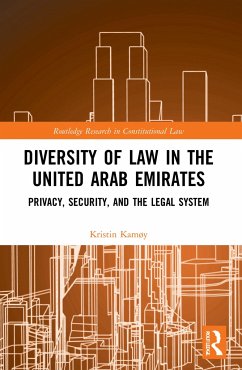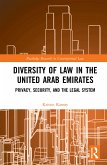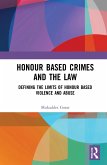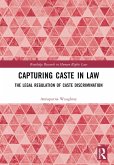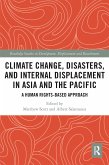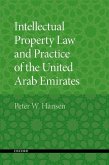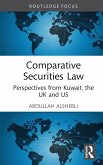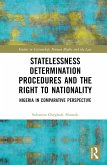This book examines the law and its practice in the United Arab Emirates (UAE). The objective is to understand the logic of the legal system in the UAE through a rounded analysis of its laws in context. It thus presents an understanding of the system on its own terms beyond the accepted Western model.
The book shows how the Emirati law differs from the conventional rule of law. The first section of the book deals with the imperial, international, and cultural background of the Emirati legal system and its influences on some of the elements of the legal system today. It maps the state's international legal obligations according to core human rights treaties showing how universal interpretations of rights may differ from Emirati interpretations of rights. This logic is further illustrated through an overview of the legal system, in federal, local, and free zones and how the UAE's diversity of legal sources from Islamic and colonial law provides legal adaptability. The second section of the book deals mainly with the contemporary system of the rule of law in the UAE but at times makes a detour to the British administration to show how imperial execution of power during the British administration created forerunners visible today. Finally, the debut of the UAE on the international scene contributed to an interest in human rights investigations, having manifestations in UAE law.
The work will be a valuable resource for researchers and academics working in the areas of Comparative Constitutional Law, Legal Anthropology, Legal Pluralism, and Middle Eastern Studies.
The book shows how the Emirati law differs from the conventional rule of law. The first section of the book deals with the imperial, international, and cultural background of the Emirati legal system and its influences on some of the elements of the legal system today. It maps the state's international legal obligations according to core human rights treaties showing how universal interpretations of rights may differ from Emirati interpretations of rights. This logic is further illustrated through an overview of the legal system, in federal, local, and free zones and how the UAE's diversity of legal sources from Islamic and colonial law provides legal adaptability. The second section of the book deals mainly with the contemporary system of the rule of law in the UAE but at times makes a detour to the British administration to show how imperial execution of power during the British administration created forerunners visible today. Finally, the debut of the UAE on the international scene contributed to an interest in human rights investigations, having manifestations in UAE law.
The work will be a valuable resource for researchers and academics working in the areas of Comparative Constitutional Law, Legal Anthropology, Legal Pluralism, and Middle Eastern Studies.
The study is a masterfully documented analysis of a legal system-and a legal tradition-that is unknown and barely studied. Consequently, this study is particularly relevant and necessary in our globalised world which is characterized by the transnational nature of legal mechanisms. The interweaving and hybridization of legal systems calls for an effort to understand the 'other' in its singularity and specificities. The author's reflections are thus a brilliant contribution to the effort to better understand it, and as such deserve to be read and commented on.
Pascal Richard. MCF-HDR public law. University of Toulon.
Pascal Richard. MCF-HDR public law. University of Toulon.

